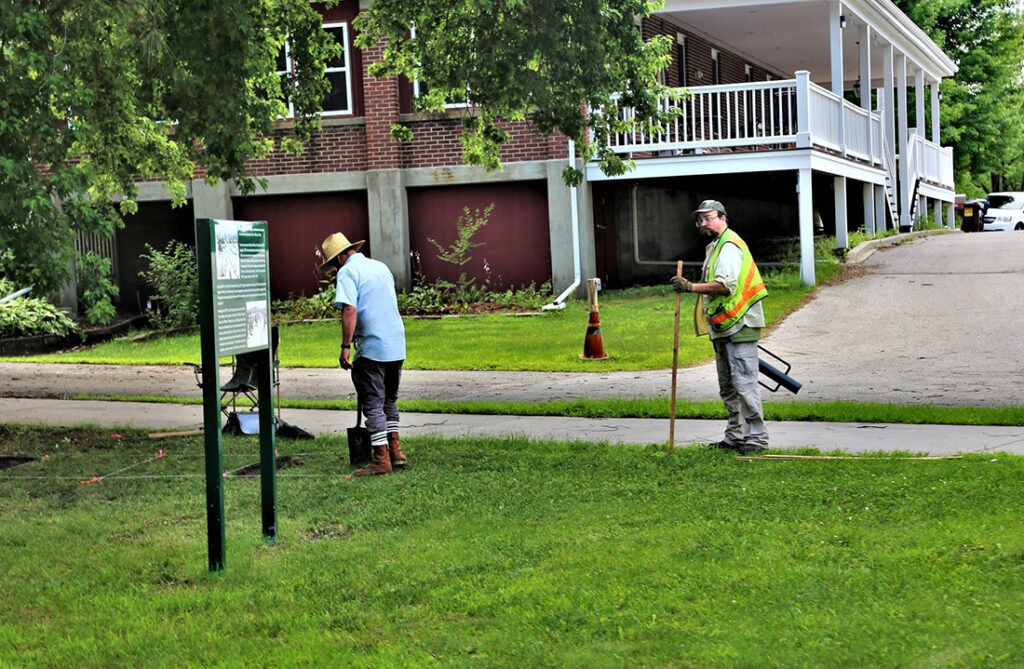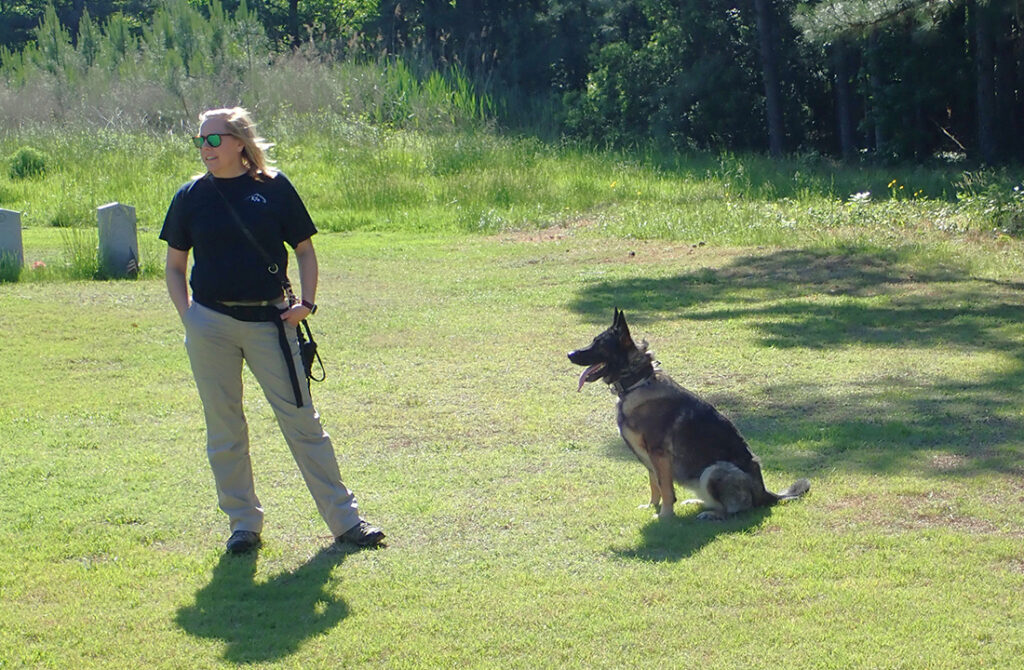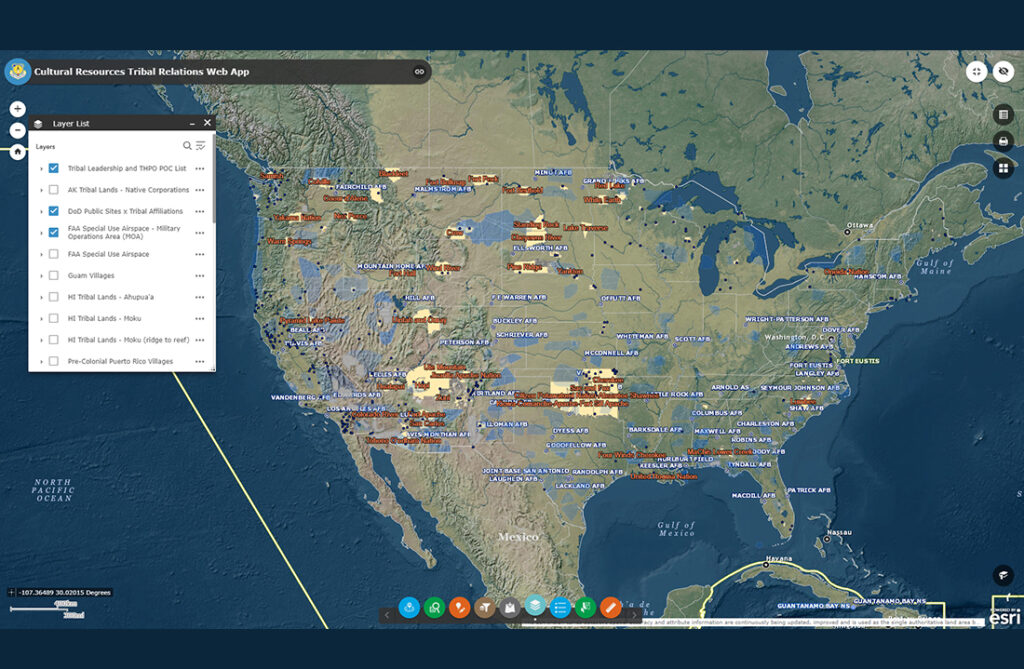CEMML’s Climate Adaptation Program (CEMML CAP) engages expertise from a range of CEMML and CSU scientists including ecologists, cultural resource managers, hydrologist, wildlife biologists, and social-ecological systems experts, providing a full range of climate-related services. CEMML CAP has conducted vulnerability assessments based on installation-specific climate projections for over 120 Department of Defense sites around the world. The program has provided subject matter expertise to these assessments into installation natural and cultural resource management planning.
Climate Adaptation Services
Climate Literacy Training
-
Training and support to build installation and enterprise capacity to use climate science and adaptation principles for natural resource management.
Regionally Specific Projections for Installations
- Collection and interpretation of climate change data.
- Qualitative assessment of climate change impacts to the military mission.
- Baseline mapping, vulnerability assessments, and adaptive capacity assessments for installation ecosystems.
- Sea-level rise and storm surge modeling of impacts to installation infrastructure and assets.
DOD Installation-Level Climate Assessments
- Develop of materials and plans that meet DoD requirements to incorporate climate considerations in natural resource management, mission planning, and infrastructure development.
- Creation and revision of management goals, objectives, and projects to address climate change.
- Hydrological and wildland fire risk assessment and modeling that account for effects of climate change.
- Development of applied research to fill knowledge gaps that address mission readiness.
Data and Visualization Services
- Decision support tools and methods for analyzing and visualizing climate change scenarios.
- Expertise in developing policy and planning that incorporates changing climate and uncertainty.
- Development of DoD-compliant tools to analyze climate data and other associated data for management needs.
Email Climate Change Adaptation inquiries to cemml@colostate.edu
Latest CEMML Stories

CEMML archaeological survey explores early 20th century history of Fort McCoy
An archaeological survey conducted by CEMML personnel in the summer of 2022 was initially meant to investigate the creation of several hundred concrete tent pads at Fort McCoy, Wisconsin. Research into the tent pads, dating from around the early 20th century, also unearthed additional information about other possible known archaeological features and sites around what is referred to as “Old Camp McCoy.”

Canine detectives help locate long-forgotten burials at a Virginia military base
Mulberry Island, Virginia, the location of Joint Base Langley-Eustis, has a long history of human habitation, dating back 10,000 years. The area has more than 230 archaeological sites, including cemeteries with unmarked graves. CEMML, in partnership with the Fort Eustis Cultural Resources Program, is using human remains detection dogs to help identify unmarked burial sites to better understand, honor, and preserve the area’s rich history.

CEMML partnership helps ensure Native American voices are heard in military planning
Much of the roughly 26 million acres that the Department of Defense oversees nationwide was once occupied by Native American tribes. Military installations are legally required to consult with interested tribes when carrying out projects that affect natural and cultural resources. A tool developed by CEMML and the Air Force Civil Engineer Center helps determine which tribes may have an interest in an installation’s land or airspace.
Share this page on social media